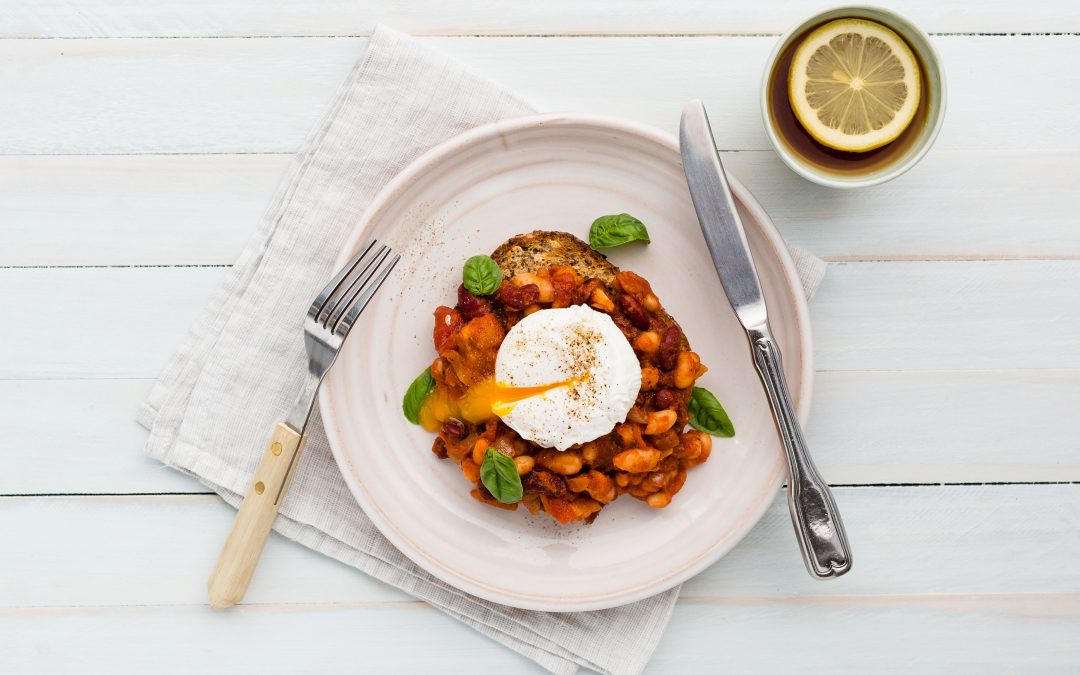When considering to follow a flexitarian, plant based, vegan or vegetarian diet, it is important to consider our protein intake. Protein is an essential nutrient for our bodies. The makeup of our body structure is hugely protein, and these proteins continue to turnover during our lifespan. For this reason, we need to ensure we’re taking in high quality dietary proteins to allow for our body’s structure to remain strong and healthy, and function effectively.
A little nutrition 101, protein is made from a combination of 20 different amino acids, such as tryptophan or leucine. Of these 20 amino acids, our bodies are able to produce 11 on their own, however the remaining 9 must come from our diets. These 9 are referred to as the essential amino acids, as they are essential in our diets.
Animal products provide all 20 amino acids, also known as complete proteins, such as meat, fish, dairy or eggs. A plant based complete protein is soy (e.g. edamame, tofu or tempeh). However, most plant based proteins have some missing amino acids, limiting them from being a complete protein. For this reason, if we are following a vegan diet we need to be mindful that we’re consuming a wide variety of plants. Think legumes, nuts, seeds, whole grains and vegetables. These ingredients will all help us to source all of the amino acids, and the amount of protein that our body requires.
Combining different plant-based protein sources is one way to be sure we’re obtaining the complete 20 amino acid profile.
Some complementary plant based protein combinations are:
- Legumes and whole grains (e.g. lentil dhal on brown rice)
- Legumes and nuts (e.g. crispy roast chickpeas and cashew nuts as a snack)
- Beans and seeds (e.g. red kidney beans, quinoa and pumpkin seeds)

A note on over-processed protein alternatives
As plant based eating becomes more prevalent, more and more food companies are beginning to provide plant based protein alternatives. This is great when the offerings are still minimally processed, nutrient rich foods such as tofu and tempeh, or lentil patties, as we can enjoy all the goodness without too much fuss in the kitchen.
However, the demand for these types of products have also brought with it the rise of overly processed, plant based options too. These can appear healthy, but are also often high in sugars, sodium, saturated fats or food additives. It’s important when opting for vegan alternatives, that the food still somewhat resembles its original form, that the ingredient list isn’t too long (with non-identifiable words), or isn’t too high in sugars or sodium.

